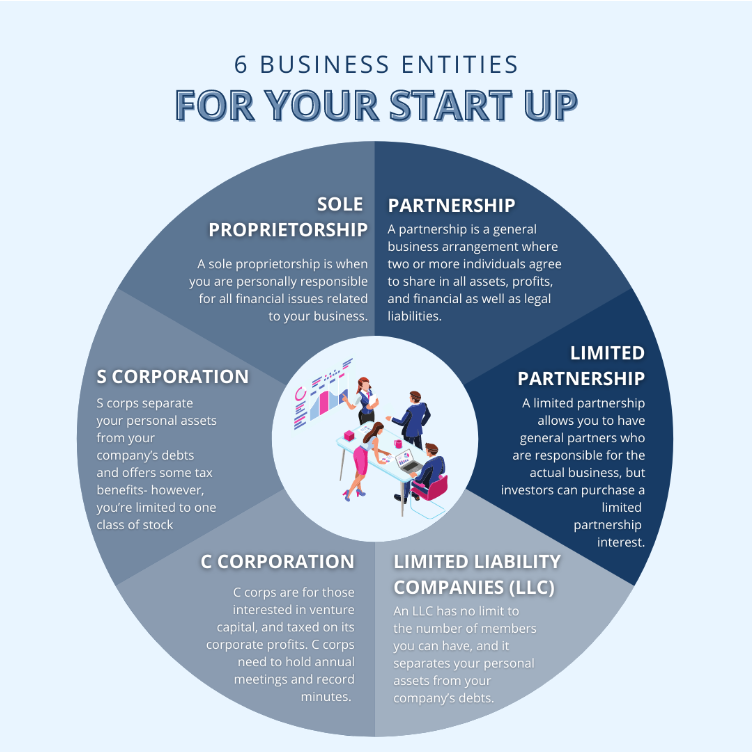The Legal Guide to the Beauty Industry for E-Commerce Companies & Beauty Influencers
The Legal Guide to the Beauty Industry for E-Commerce Companies & Beauty Influencers

The beauty and personal care market is expected to grow from $511 billion in 2021 to $784.6 billion in 2025, thanks in part to the power of influencer marketing, and the trending growth of the e-commerce industry in general. Beauty influencers may be raking in the big bucks, but it is important to consider the potential legal pitfalls before launching an e-commerce beauty brand.
What are the Most Common Legal Issues in the E-Commerce Beauty, Cosmetics, and Personal Care Industry?
- Establishing a proper business entity to protect you from personal liability
- Creating proper business agreements to protect your business interests with partners and affiliates
- Drafting proper online terms of use and privacy policies for your websites and ecommerce stores
- Drafting proper licensing agreements
- Remove fake reviews and defamatory statements made about your business online
- Resolve competitor unfair competition issues
- Counterfeit products and avoiding attacks on your resale business
- Issues with FTC Compliance, including avoiding deceptive marketing practices outlined in their “.COM disclosures” guidelines (I.e., honest testimonials and product reviews, etc.)
- Protecting your intellectual property rights online, including the removal of unlawful copyright infringement through DMCA takedowns
- Trademarking all of your important logos, slogans, and words, to differentiate your brand
- Protecting your personal and business brand’s reputation online
- Making medical and health claims in marketing materials for that don’t comply with FDA and DSHEA rules and guidelines
- Payment processing issues, chargebacks, and holdbacks with credit card processors and Amazon
- Addressing account suspensions on Amazon, the largest ecommerce platform
- Reviewing your product advertising practices (influencer marketing, social media advertising, testimonials, funnels, and videos for compliance with all applicable laws.)
- Learn More Here
Protecting Your E-Commerce Business
Establishing a proper business entity: Before you launch your brand, it’s important to set your company up with the property protections including establishing a business entity that is the right fit for your needs. Is an LLC the best, or is a corporation better for you? Never do business as a sole proprietor! It’s best to discuss your options with an experienced e-commerce attorney. The same goes for business agreements with partners and affiliates – including partnerships with beauty influencers.
Online Terms and Privacy Policies: Anyone who you collect data from needs to agree to your online terms of service and data collection practices. This must be in compliance with state and federal laws, including the FTC, that requires your business to disclose how you collect user data and how you use user data. If you are collecting data from European users, you need to make sure you are compliance with the latest GDPR requirements.
Fake Reviews and Defamatory Statements
If someone or multiple users post fake or defamatory reviews about your beauty brand online, it can tremendously affect your sales, reputation, and search ranking. It’s critical to address these situations as soon as possible so you can resolve the issue before it gets any worse. To learn how to spot a fake review, click here. To get in contact with an experienced defamation attorney to discuss your options, click here.
Marketing for Your E-Commerce Beauty Brand
FTC Compliance
Advertising for your e-commerce beauty cosmetics and personal care business can be extremely sensitive. And I don’t mean in the emotional way, I mean in terms of compliance with federal law. There are multiple rules and regulations marketers and brands must follow unless they want to receive a fine or a full FTC investigation into their company. Trust me, you’d rather be compliant. It is especially important to make sure that all your claims about your products can be substantiated with scientific evidence. Statements like, “this under eye cream can remove dark circles” needs to be backed up by actual testing that proves it really works. If you don’t have any proof, the FTC can come after you. You cannot say whatever you want just to make a sale and your claims must be honest, not deceptive, and substantiated.
Social Media and Influencer Marketing
It’s no question that e-commerce brands will utilize social media to market their products, especially in the beauty realm. However, as easy as it is for you to upload a gorgeous photo of your product or a video showcasing it’s application or results, it’s even easier for the FTC to spot a compliance issue. Not to mention, influencer marketing as a whole. If you choose to partner with beauty influencers to plug your product, you need to make sure that they use the proper disclosure hashtags and statements in their posts. No longer can you get away with secretly sending beauty influencers products in hopes that they post about it without mentioning your relationship. Now, it is required for influencers to simply and clearly disclose their relationship with the brand to their followers. You also need to make sure that your influencers are hired in writing, with all of your terms spelled out clearly, and especially how payment of fees to influencers will be made. To learn more about influencer marketing guidelines, click here.
Contact an Internet Business Lawyer
If you have an e-commerce beauty cosmetics or personal care business – or you are thinking of launching one – make sure you have an experienced e-commerce attorney in your corner. It’s always better to be safe than sorry so get in contact today before an issue arises or before it gets any worse.
Similar like this
You also might be interested in
Buying and Selling Social Media Influence: What the FTC Wants You to Know
Influencing is a sought-after job these days! People are willing [...]
Top Legal Issues Arizona Internet Lawyers Can Help You Solve
The internet has become part of nearly every aspect of [...]
The ‘Tea App’ Leak
What is the ‘Tea App’ Everyone is Talking About? Per [...]
How a Lawyer for Social Media Influencers Can Protect Your Brand and Reputation
Being an influencer today means more than just sharing content. [...]






